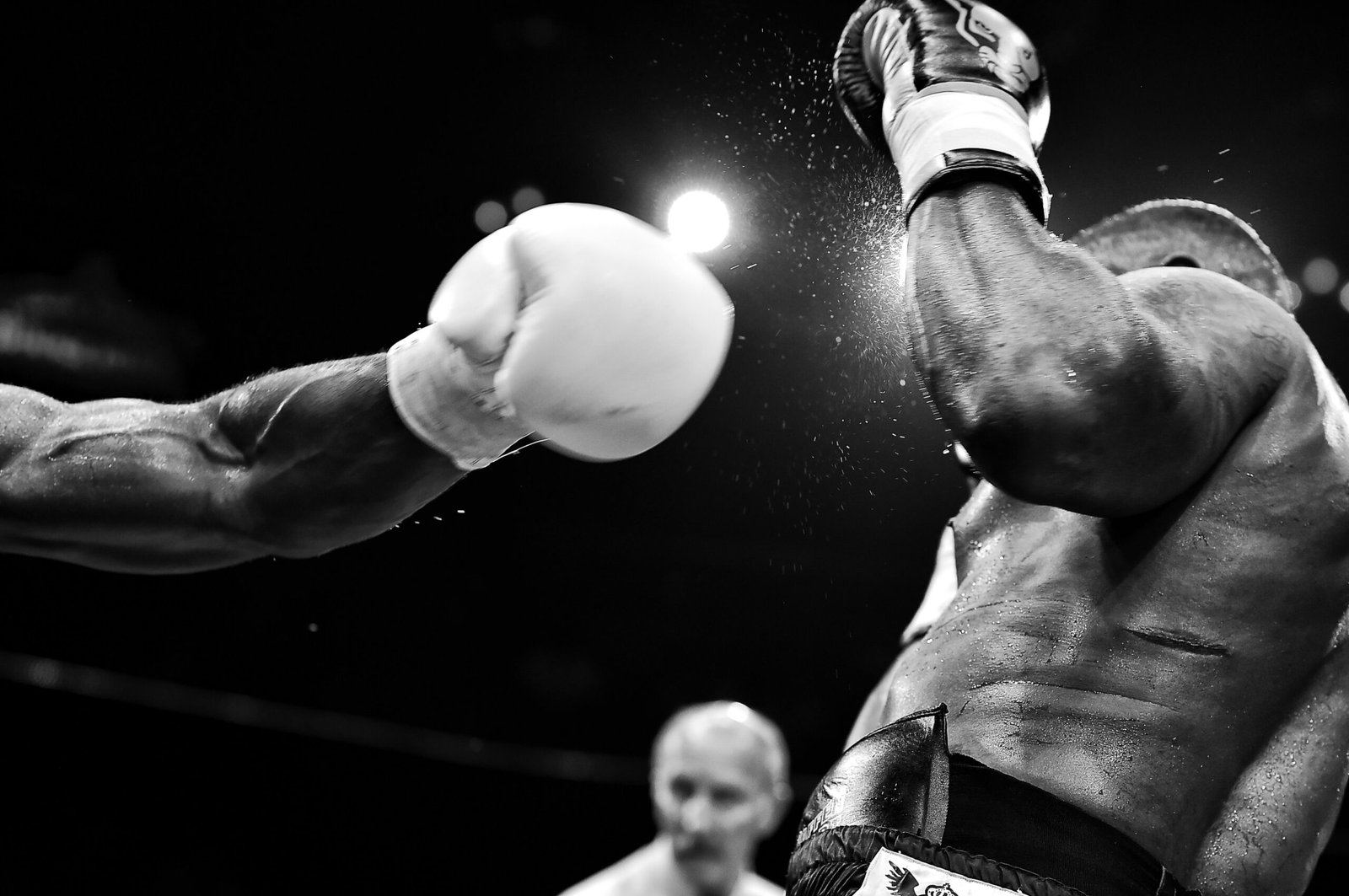On March 8, 1971, boxing history was made as two undefeated heavyweight champions, Joe Frazier and Muhammad Ali, faced off in what came to be known as “The Fight of the Century.” This highly anticipated bout took place at Madison Square Garden in New York City, captivating the world with its intense rivalry, sportsmanship, and ultimate display of skill.
The Background
Joe Frazier, also known as “Smokin’ Joe,” held the heavyweight championship title after winning a gold medal at the 1964 Olympics. Muhammad Ali, previously known as Cassius Clay, had been stripped of his title and banned from boxing for three years due to his refusal to be drafted into the Vietnam War.
Ali’s return to the ring in 1970, following his suspension, reignited his rivalry with Frazier. The stage was set for a monumental showdown between two of the greatest boxers of all time.
The Fight
As the bell rang on that fateful night, the atmosphere at Madison Square Garden was electric. The fight began with both fighters showcasing their unique styles and strategies. Ali’s quick footwork and lightning-fast jabs contrasted with Frazier’s relentless aggression and powerful punches.
The match went the distance, lasting a grueling 15 rounds. Ali, known for his ability to “float like a butterfly, sting like a bee,” had his moments of brilliance, but Frazier’s relentless pressure and devastating left hook proved to be the difference-maker.
After 15 rounds of intense back-and-forth action, the judges rendered a unanimous decision in favor of Joe Frazier. The world watched as Frazier’s hand was raised, cementing his status as the undisputed heavyweight champion of the world.
The Impact
The Frazier vs. Ali fight was not just a battle for the heavyweight title; it was a clash of ideologies. Ali, known for his brash and outspoken personality, represented the anti-establishment sentiment of the time. Frazier, on the other hand, embodied the hardworking, blue-collar ethos that resonated with many Americans.
The fight itself was a testament to the skill and determination of both fighters. It showcased the beauty and brutality of the sport, captivating audiences worldwide. The rivalry between Frazier and Ali transcended boxing, becoming a symbol of the cultural and social divisions of the era.
While Frazier emerged victorious in their first encounter, their rivalry continued with two more epic battles: the “Super Fight II” in 1974 and the “Thrilla in Manila” in 1975. Each fight brought its own drama and excitement, further solidifying their places in boxing history.
The Legacy
The Frazier vs. Ali fights left an indelible mark on the sport of boxing. The trilogy between these two legends is considered one of the greatest rivalries in sports history. Their battles showcased the true essence of competition, sportsmanship, and the pursuit of greatness.
Outside the ring, both Frazier and Ali left lasting legacies. Frazier’s relentless work ethic and unwavering determination continue to inspire aspiring boxers. Ali’s impact extended far beyond boxing, as he became an icon for civil rights, social justice, and the power of self-expression.
The significance of the Frazier vs. Ali fights cannot be overstated. They represented a pivotal moment in boxing history, captivating the world and leaving an enduring legacy that still resonates today.
For more information on the Frazier vs. Ali fight and its historical significance, you can refer to the following external references:
- The Fight of the Century – Boxing.com
- The Fight of the Century: Ali vs. Frazier – The New York Times
- Frazier vs. Ali – Britannica
In conclusion, the 1971 fight between Joe Frazier and Muhammad Ali was a historic moment in boxing. The clash of two undefeated heavyweight champions, their contrasting styles, and the intense rivalry captivated the world. The legacy of this fight and the subsequent battles between Frazier and Ali will forever be etched in the annals of sports history.

